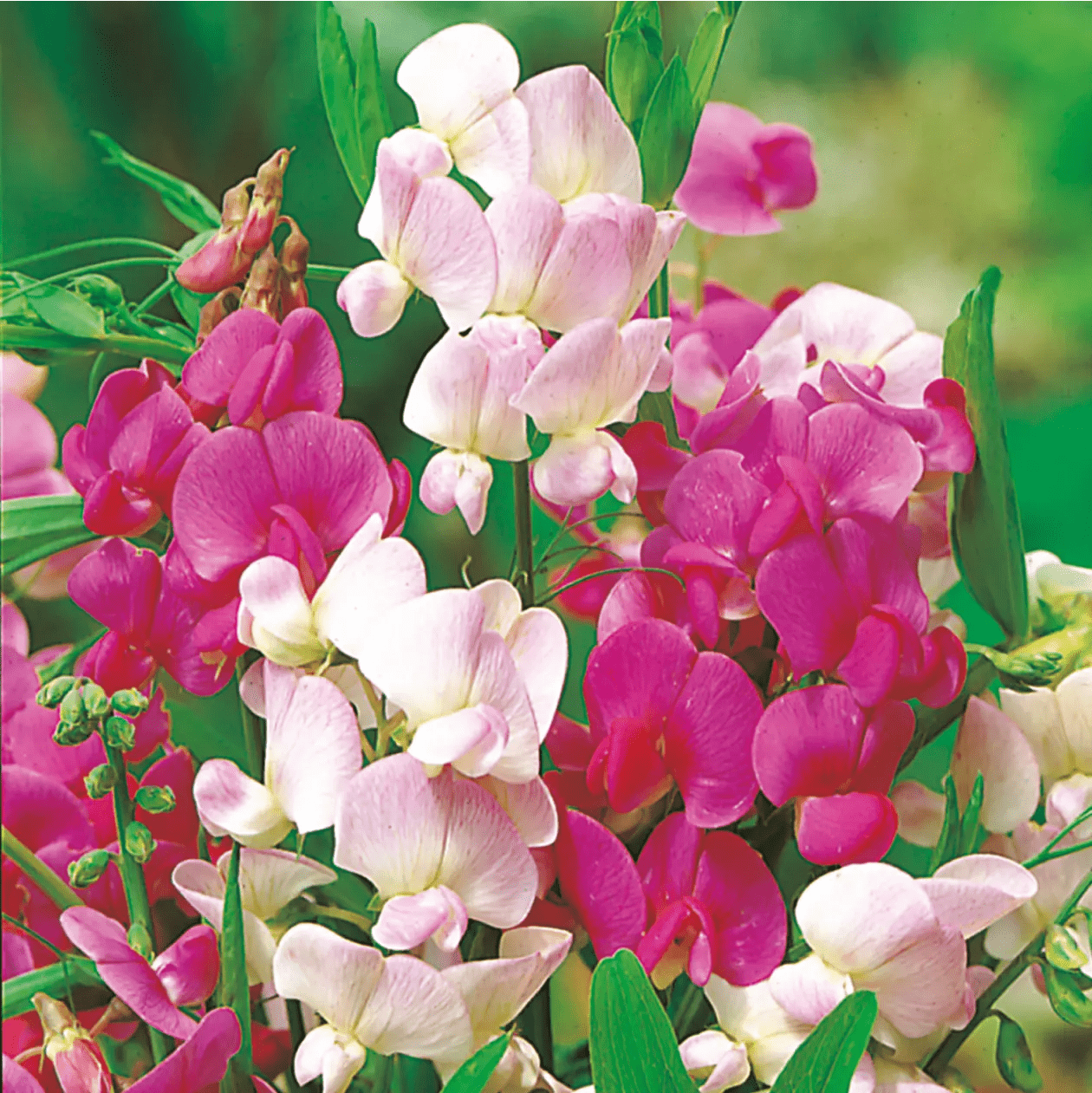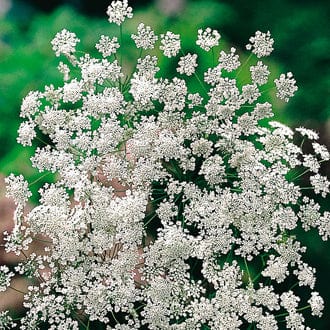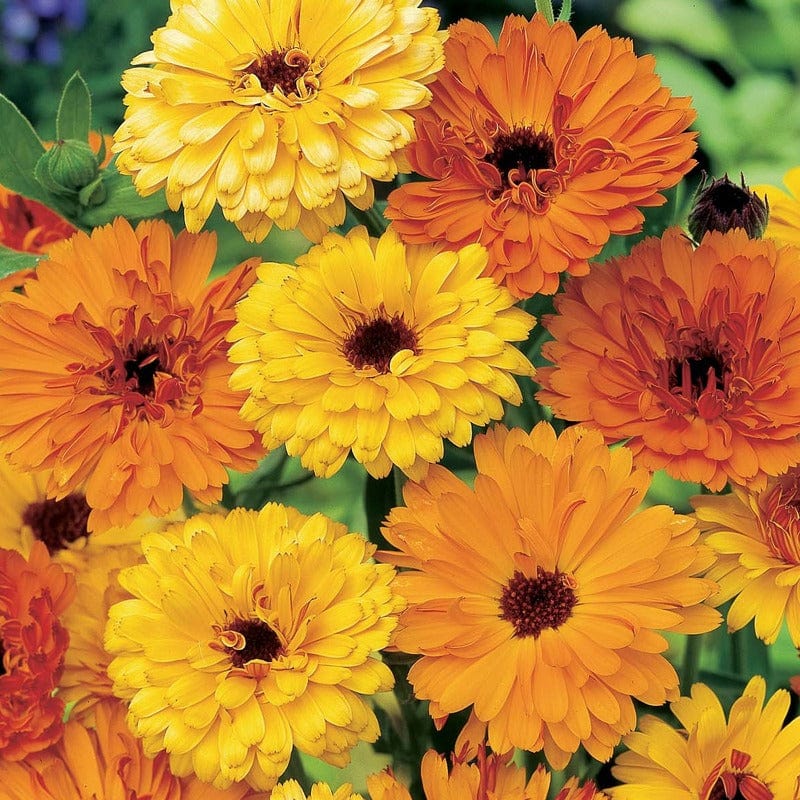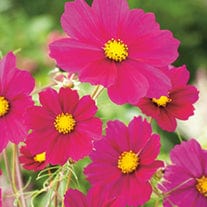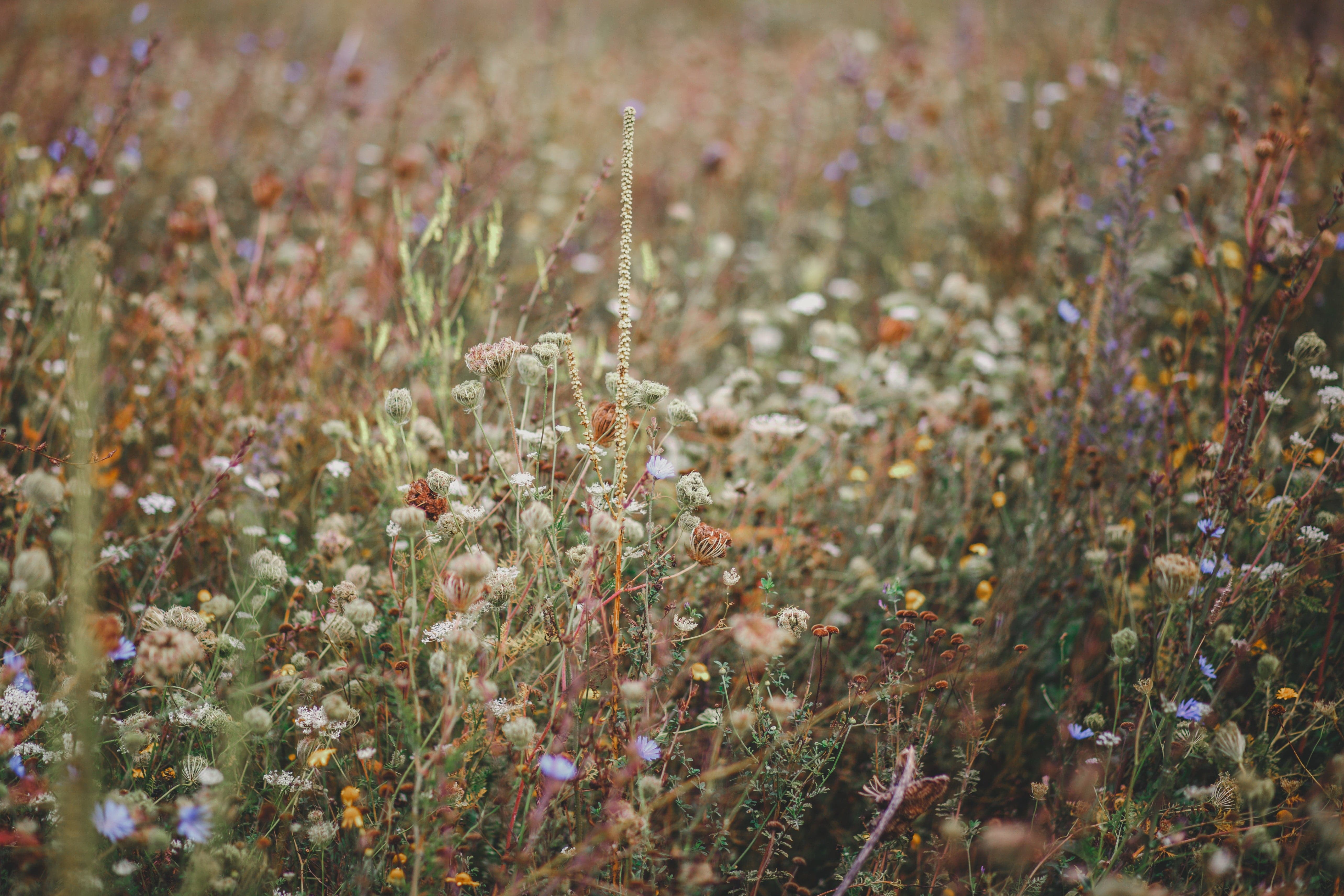Here at Johnsons, we are committed to looking after the world around us and are constantly reviewing and making improvements to our environmental policy.
Here are some of the key things we are doing to minimise our impact on the environment:
Recycling and recyclable packaging
Recycling is promoted across the business. We are committed to reducing plastic use and the aim is to move to fully recyclable packaging in the future. We have already moved away from plastic in some instances, and we are continually trialling new designs. Despatching live/damp plants in recyclable packaging is not without its challenges and plants potentially last less time in transit which can be a problem when post is delayed. We do believe it is worth pursuing our goal and customers can be reassured that they are covered by our 100% satisfaction guarantee. If you are not completely satisfied with the plants you receive, let us know within 7 days and we will either replace or refund the purchase in full. In some instances, we may ask for photos of damaged plants or products.
Electric company vehicles and EV charging points
We are transitioning company vehicles to electric vehicles where possible. EV Charging points have been installed at our offices for use by staff and visiting trades reps.
Renewable energy
We have installed solar panels at our head office, with low energy lighting across all sites.
Our plants are despatched from a farm in Lincolnshire where they have installed 4 biomass boilers. The boilers run on waste wood and straw and have resulted in a massive reduction in the usage of fossil fuels, which in turn has reduced their carbon footprint.
We also have a 30 KW solar system on the packhouse and harvest all the rainwater from glasshouse roofs which is then recycled to water the plants.
Woolmans printed material
Woolmans catalogues are printed on paper from sustainably managed forests and controlled sources.
Woolmans do not sell any GMO products – all plants are raised using natural breeding methods.
Neonicitinoids
The ornamental plants grown in our gardens provide a vital food source for bees and other pollinating insects, which is why our buying team take care to source plants from suppliers who do not use neonicotinoids.
Although some suppliers will use pesticides as a last resort, they mainly rely on biological control methods and do not use any pesticides defined as neonicotinoids.
Active promotion of bee and wildlife friendly products
Customers can look out for the bee and butterfly icons used across our website to indicate the plants that are good for pollinators, and we have a dedicated product category for Bee & Butterfly Attracting Plants which can be found on the Collections drop-down menu.
We also offer a range of wildflower plants if you are considering dedicating an area of your garden to encourage and support wildlife.












